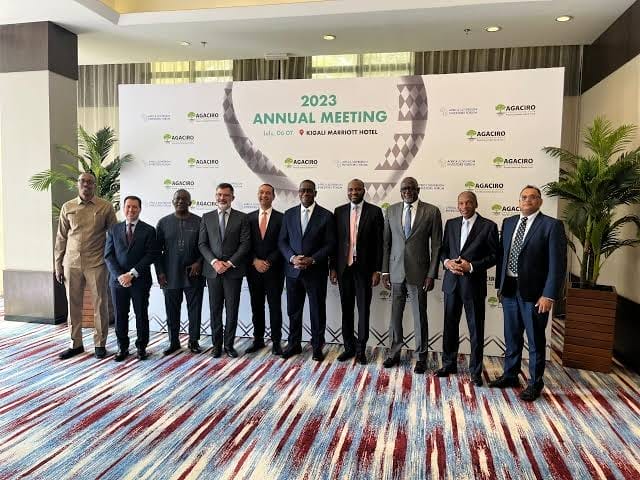The 4th Annual Meeting of the Africa Sovereign Investors Forum (ASIF) has concluded with renewed commitments to mobilize Africa’s estimated $2.3 trillion in institutional capital toward sustainable infrastructure, energy, healthcare, and technology investments. The meeting, which brought together sovereign wealth funds, pension authorities, and multilateral partners, highlighted the growing coordination among Africa’s sovereign investors in addressing the continent’s long-term development goals.
ALSO READ: Diaspora Innovation: African Returnees Fueling the Startup Ecosystem
Established in 2022, ASIF now includes key institutional investors such as Nigeria Sovereign Investment Authority (NSIA), Ethiopia Investment Holdings (EIH), and Morocco’s Ithmar Capital. This year’s gathering focused on building investable pipelines, structuring co-investment platforms, and enhancing ESG-aligned capital deployment across borders.
A central theme of the meeting was unlocking Africa’s underutilized domestic capital through project preparation support and blended finance models. ASIF is collaborating with the United Nations Conference on Trade and Development (UNCTAD) to develop a pipeline of bankable projects, particularly in climate-adaptive infrastructure and industrial growth zones.
ALSO READ: Circles of Power: Inside Africa’s Expanding Elite Network
According to ASIF Chair Obaïd Amrane, “by leveraging the resources and expertise of UNCTAD and ASIF members, the partnership can help intensify cooperation among sovereign funds on project preparation to facilitate capital mobilization.”
The forum also emphasized private sector participation, with initiatives to attract global co-investors and development finance institutions (DFIs) into joint ventures. With asset managers such as NSIA now overseeing more than $2.4 billion and EIH advancing public-private partnerships, African sovereign funds are positioning themselves as both investors and project developers.
As global investors search for new frontier markets, the forum marks a shift in Africa’s financial narrative from aid dependency to investment-led transformation. ASIF aims to bridge the continent’s financing gap by turning institutional capital into engines of regional economic growth, resilience, and competitiveness.

